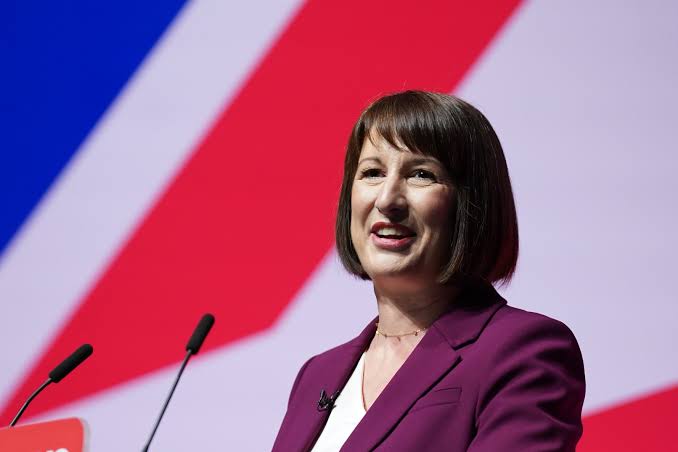
The People’s Budget 2024
Why our new Chancellor has made the right decision on the road to repairing the public finances
The 2024 budget under Chancellor Rachel Reeves marks a pivotal moment in the UK’s fiscal policy, balancing the urgent need for public service funding with the challenge of equitable taxation.”
The first budget after 14 years of Tory failure was going to send grenades flying across the political divide, but, as far as budgets go, yesterday’s was a good one. The IMF has given the Chancellor – our first woman in the office btw – the thumbs up, and she has taken a gamble on voters being pleased with attempts to shore up our public services. Here are the biggest numbers to take note of:
• £25bn raised through increases in Employer National Insurance contributions
• £22bn cash injection for the NHS over the next two years
• Freezing fuel duty and extending the 5p cut into the next year.
• Increase to the lower rate of Capital Gains Tax from 10 to 18%, and the higher rate from 20 to 24%
It was always going to be a boring budget, and, credit going to Chancellor Reeves, it has done exactly what it says: “fixing the foundations to deliver change”. The change that the public rightly demand – and should expect – from their new Labour government is not going to be brought about in the first budget, nor in Starmer’s first term.
Raising taxes to an extent of £25bn, with minimal impact on “working people” – who constitutes this category to be determined shortly – is a huge achievement for any Chancellor, and definitely shouts loud enough so that every young woman in the UK can be inspired by what the Rachel Reeves did yesterday.
Most of the criticism of the budget has come from those who are directly impacted by the changes to employer NI and capital gains taxes – landlords and asset holders. Before the budget, the business community and those leading private investment in the UK were bracing themselves for impact. This is typical of any budget, however. It is always almost universally accepted that the public finances need to be “plugged”, “fixed” or “sorted out”, and all communities in the UK weigh into this idea.
We saw it with the means-testing of winter fuel payments; pensioners are ordinarily vocal about the state ‘giving too much to people’, and that the public outflows on welfare and state benefits resemble what they like to call a ‘nanny state’. But when the government obliges them and makes changes to welfare spending (of which the winter fuel payment is a part), they are up in arms.
Reform public spending – oh wait no not like that.
This is the sentiment of the British public when it comes to budgets and the public finances, and so, I refer to my earlier point: it was always going to be a tough budget. Nevertheless, I am reminded of my Machiavelli, and that successful leadership often rests on an individual’s ability to choose the lesser of two evils – here Rachel Reeves has done just that, shifting the tax burden onto those who can afford it – landlords and asset holders.
This has, of course, inspired a debate about who is working class and who isn’t, with many on conservative benches – themselves land-owning – and in the business community arguing that they also fall under this term with the work they do. Nevertheless, economics is largely about assumptions, and if you own assets or land, it is safe to assume that you can likely shoulder a tax hike much more than your fellow citizen.
Although no Lloyd-George, our new Chancellor has made sure that the first budget has not come down hard on working people. Slower growth and tax increases aside, I’ll take improved public services – for now, of course there’s much to do.
Archie Rankin is a Fellow at the Sixteenth Council.



